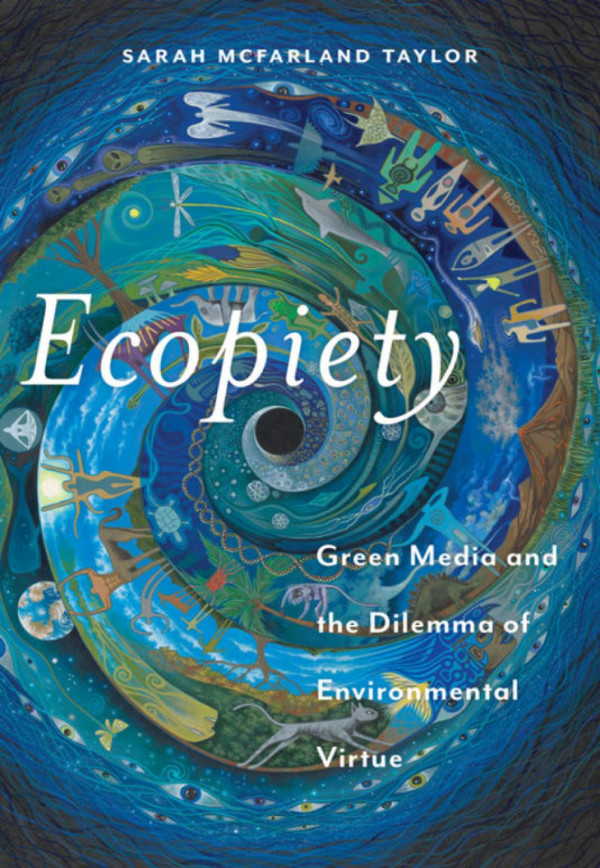

Most ebook files are in PDF format, so you can easily read them using various software such as Foxit Reader or directly on the Google Chrome browser.
Some ebook files are released by publishers in other formats such as .awz, .mobi, .epub, .fb2, etc. You may need to install specific software to read these formats on mobile/PC, such as Calibre.
Please read the tutorial at this link: https://ebookbell.com/faq
We offer FREE conversion to the popular formats you request; however, this may take some time. Therefore, right after payment, please email us, and we will try to provide the service as quickly as possible.
For some exceptional file formats or broken links (if any), please refrain from opening any disputes. Instead, email us first, and we will try to assist within a maximum of 6 hours.
EbookBell Team

4.1
100 reviewsTackles a human problem we all share―the fate of the earth and our role in its future
Confident that your personal good deeds of environmental virtue will save the earth? The stories we encounter about the environment in popular culture too often promote an imagined moral economy, assuring us that tiny acts of voluntary personal piety, such as recycling a coffee cup, or purchasing green consumer items, can offset our destructive habits. No need to make any fundamental structural changes. The trick is simply for the consumer to buy the right things and shop our way to a greener future.
It’s time for a reality check. Ecopiety offers an absorbing examination of the intersections of environmental sensibilities, contemporary expressions of piety and devotion, and American popular culture. Ranging from portrayals of environmental sin and virtue such as the eco-pious depiction of Christian Grey in Fifty Shades of Grey, to the green capitalism found in the world of mobile-device “carbon sin-tracking” software applications, to the socially conscious vegetarian vampires in True Blood, the volume illuminates the work pop culture performs as both a mirror and an engine for the greening of American spiritual and ethical commitments.
Taylor makes the case that it is not through a framework of grim duty or obligation, but through one of play and delight, that we may move environmental ideals into substantive action.